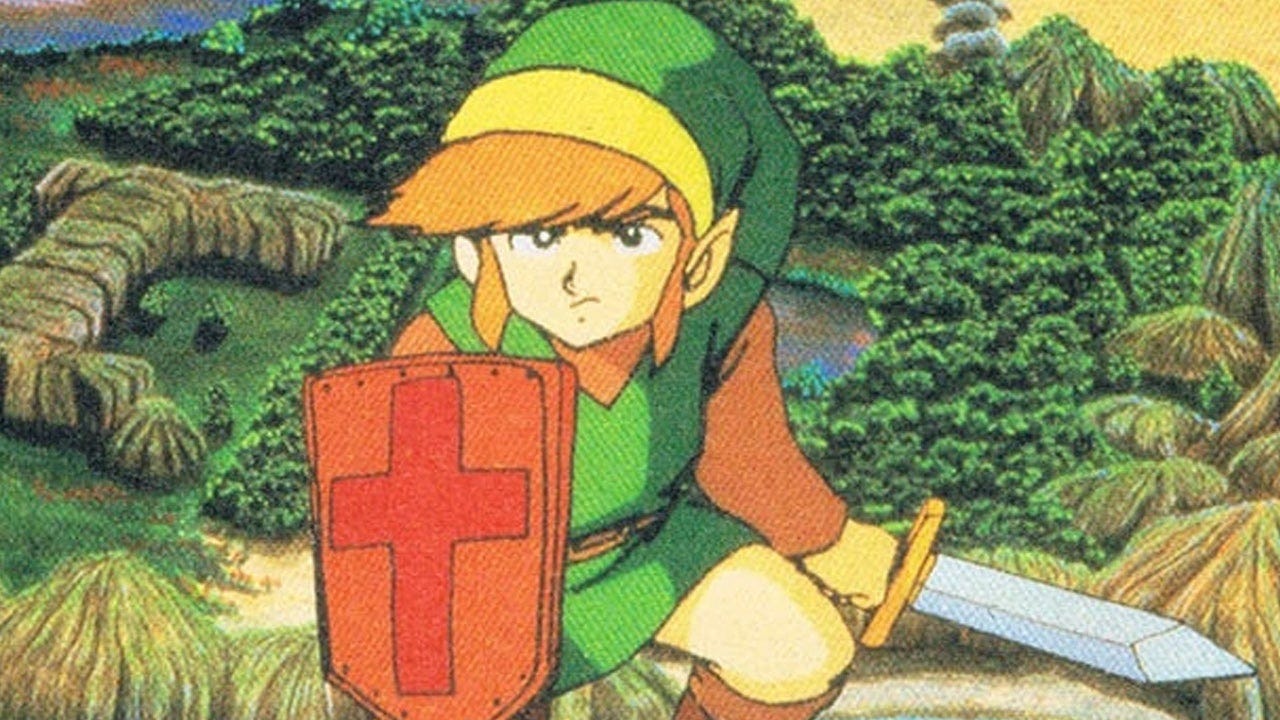
I’ve always loved the idea of video game lore, but I’ve always struggled with the real stuff of keeping track of it and making sense of it all. Partly it’s because I have a terrible memory, particularly for names, places, events and dates, so I was always going to have difficulty with following the deep history of Assassin’s Creed or the Elder Scrolls. The other reason, though, is because I always feel like I’m arriving late. All the actual archaeology has been done by the time I get there.
The one area where I can properly engage with the lore, however, is the Zelda series. I think that’s because lore in Zelda feels different to lore in other games. Deep down, I don’t believe Nintendo thinks about lore too seriously – or maybe it didn’t until quite recently. It feels like Nintendo thinks about what’s fun and what the team wants to do in the new game, and it certainly thinks about the detail of each specific game and its art and sense of cultures. But for a long time it felt like the wider, deeper, tying-it-all-together lore that spread outside of individual games themselves was left to the fans.
I may be deeply, deeply wrong about this – Lottie’s just told me a brilliant story about how the skeletal warrior from Twilight Princess may actually be the Link from Ocarina of Time passing on his skills from the timeline he’s trapped in. That sounds like pretty deep thinking tbh. But regardless, when I first saw the Zelda official timeline, say, it felt like a playful, jokey sort of thing – a lark. Crucially, I think I felt there was room for all of us in there still – room for the players. We could continue to make our own connections, right or wrong, and they would retain a kind of validity to them.




